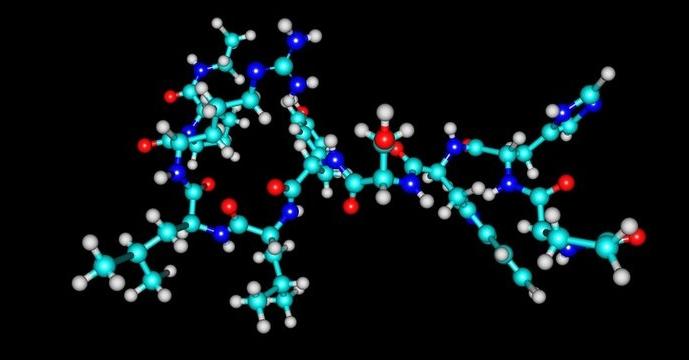In the competitive world of advanced bodybuilding, where every edge counts, athletes, and fitness enthusiasts often turn to various supplements and hormonal agents. Among these, Gonadotropin-Releasing Hormone (GnRH) agonists have emerged as a topic of interest. This comprehensive guide aims to unravel the complexities surrounding the use of GnRH agonists like Gonadorelin in bodybuilding, examining their effects, benefits, and the critical considerations involved.
Understanding GnRH Agonists
GnRH agonists are synthetic formulations designed to mimic the natural GnRH hormone, playing a pivotal role in regulating essential reproductive hormones. By influencing the pituitary gland’s release of LH and FSH, these agonists indirectly control testosterone production, which is central to muscle development. This control over hormonal activity makes GnRH agonists a point of interest for those looking to enhance their physical capabilities.
Mechanism of Action in Bodybuilding
The application of GnRH agonists in bodybuilding revolves around their unique impact on testosterone levels. Initially, these agonists stimulate a significant increase in testosterone, providing an anabolic environment conducive to muscle growth. However, this is often followed by a reduction in hormone levels, necessitating strategic planning in training and supplementation to maintain muscle gains and overall physical health.
Benefits in Muscle Development
GnRH agonists’ ability to modulate testosterone makes them attractive in bodybuilding for accelerating muscle growth and improving strength. The initial hormonal surge can lead to impressive gains in lean muscle mass, which is a primary goal for most bodybuilders. Moreover, the increased testosterone can also contribute to better muscle recovery and lower body fat, enhancing both performance and physique.
Managing Hormonal Fluctuations
The challenge in using GnRH agonists lies in managing the hormonal fluctuations they induce. After the initial surge in testosterone, the body’s natural hormone production may slow down, requiring careful planning to mitigate any negative effects. This involves adjusting training intensity and duration and potentially incorporating other supplements to support hormonal balance and overall health.
Potential Risks and Side Effects
The use of GnRH agonists is associated with several potential side effects, which can range from mild to severe, depending on the individual’s response and the duration of use. These can include changes in mood, energy levels, and libido, as well as more significant long-term effects on the body’s natural hormonal regulation. Therefore, it’s crucial for individuals to weigh these risks against the potential benefits and proceed under a healthcare professional’s guidance.
Ethical and Legal Considerations
The use of GnRH agonists such as Gonadorelin in bodybuilding also raises important ethical and legal questions. Athletes need to consider the rules and regulations of their sport, as the use of such substances can be controversial and, in some cases, prohibited. Understanding these regulations and the potential implications for competition eligibility is essential for athletes considering GnRH agonists as part of their training regimen.
Conclusion
In conclusion, GnRH agonists present both opportunities and challenges in the context of advanced bodybuilding. While they offer potential benefits in terms of muscle growth and physical enhancement, they also require careful management and consideration of potential side effects and ethical implications. As with any form of supplementation or hormonal therapy, it is paramount that individuals approach their use responsibly, with a focus on safety, health, and adherence to the rules of their sport. With informed use and professional oversight, GnRH agonists can be a part of a comprehensive strategy for achieving peak physical conditions.
